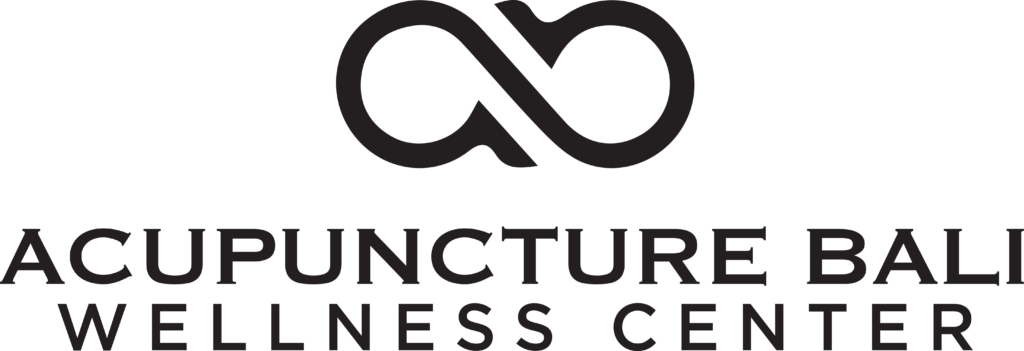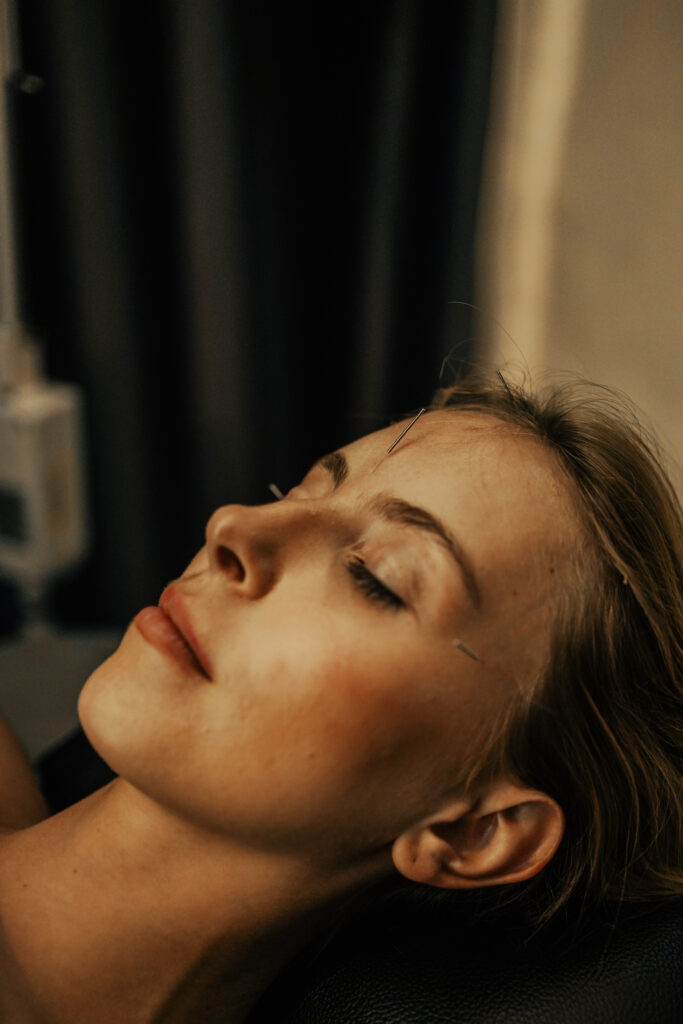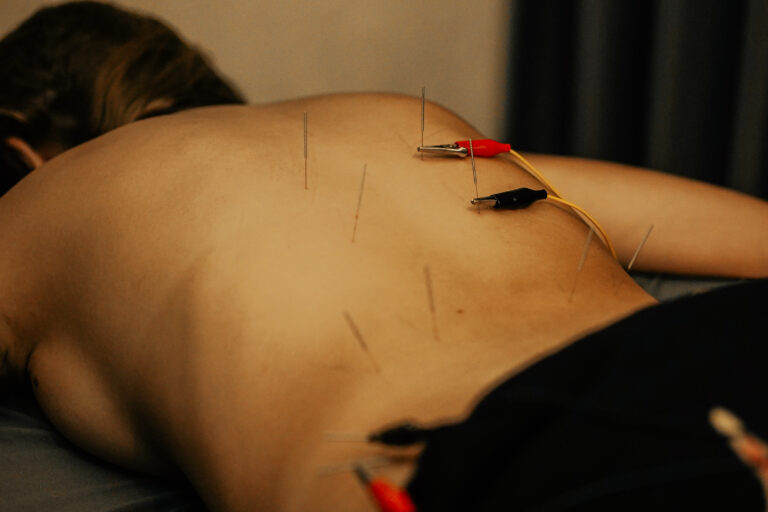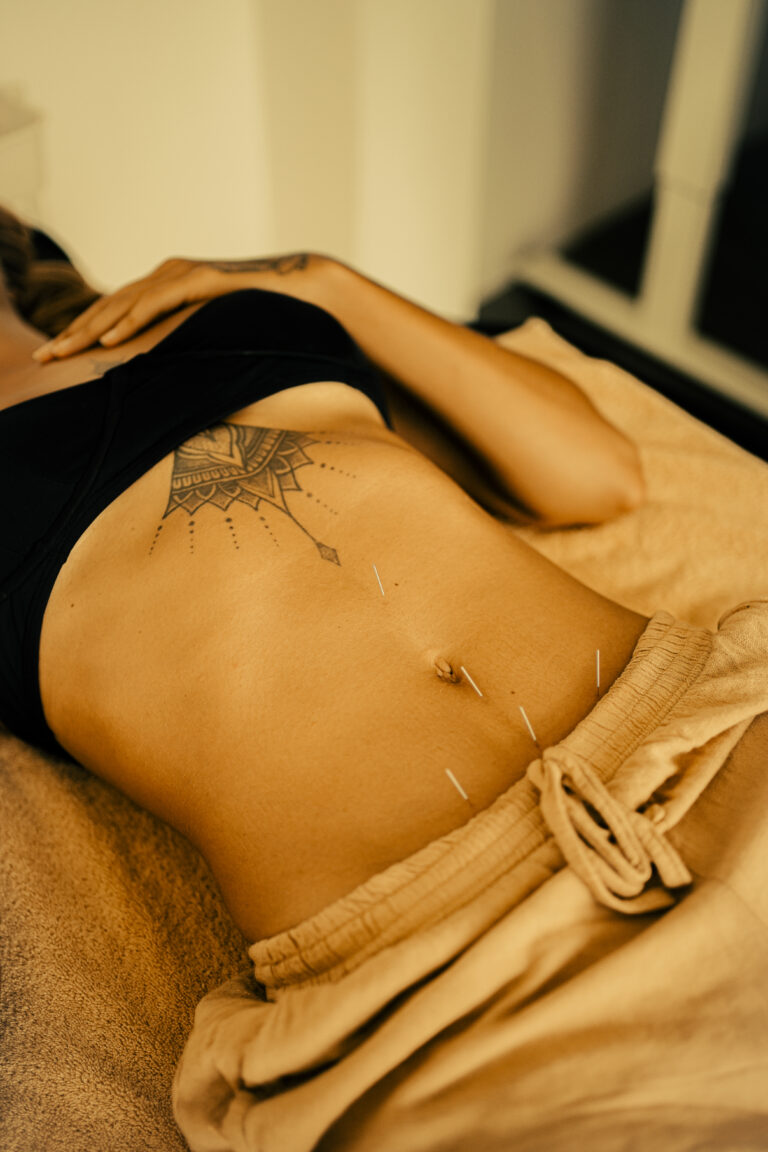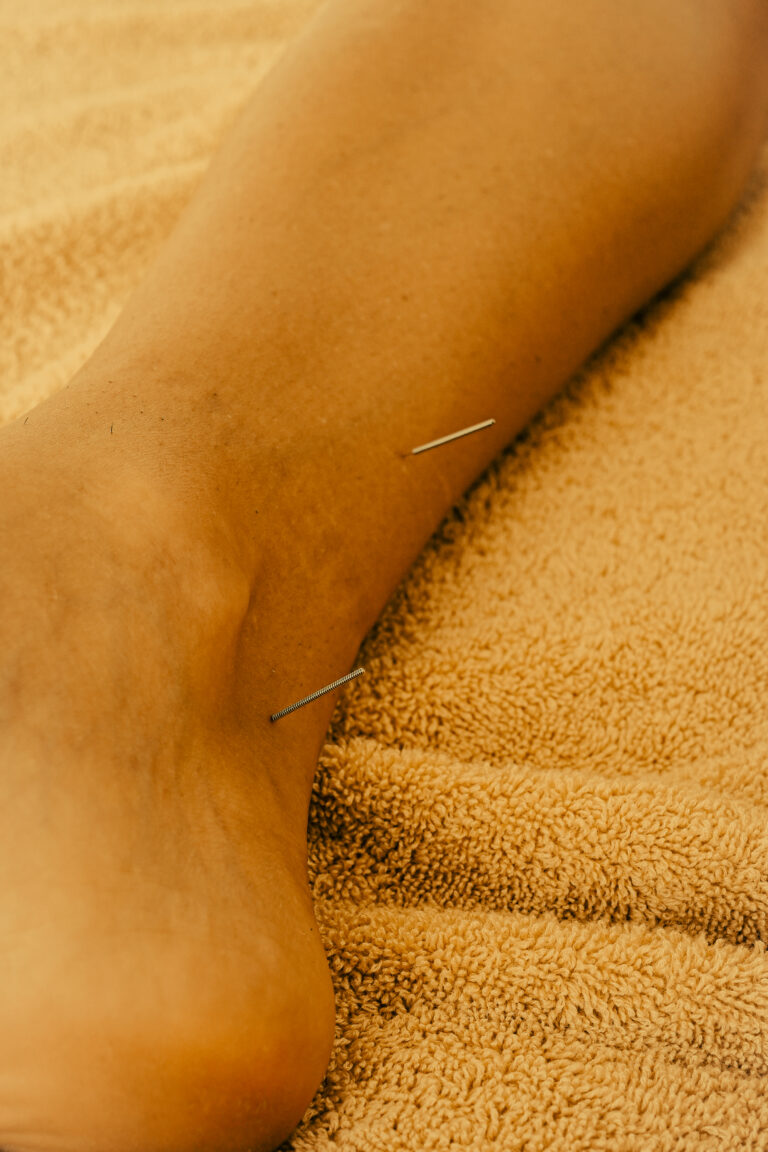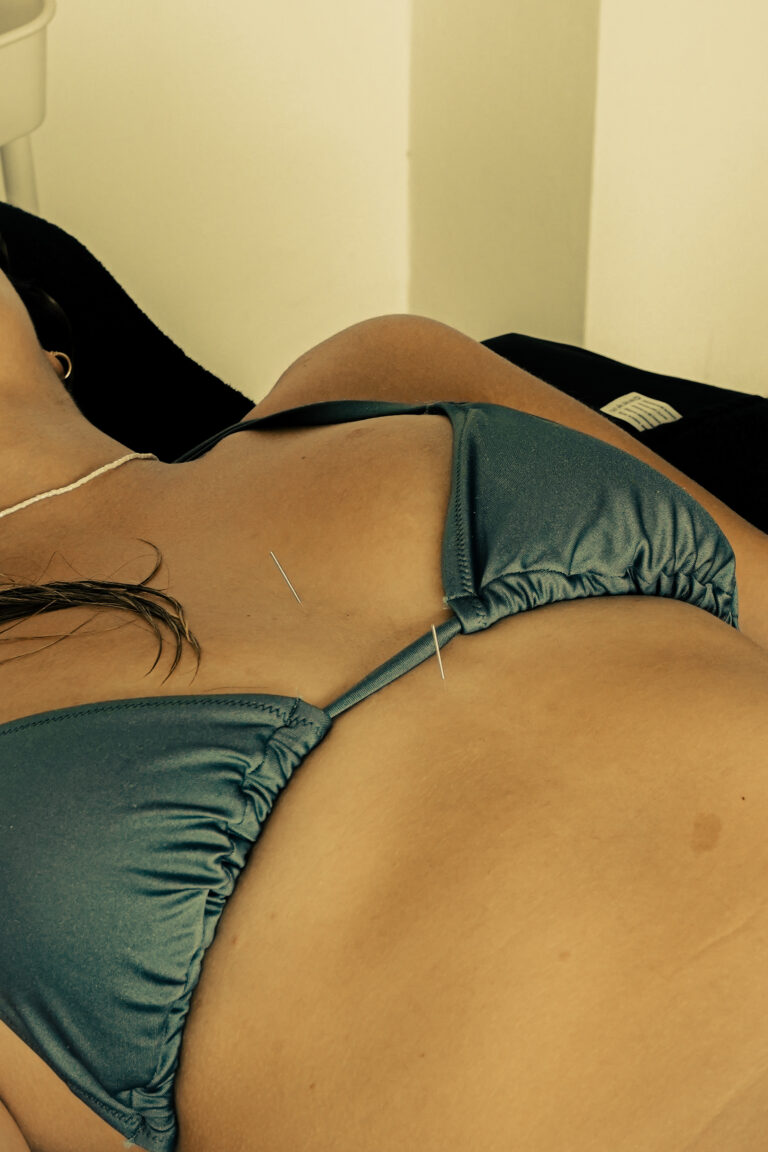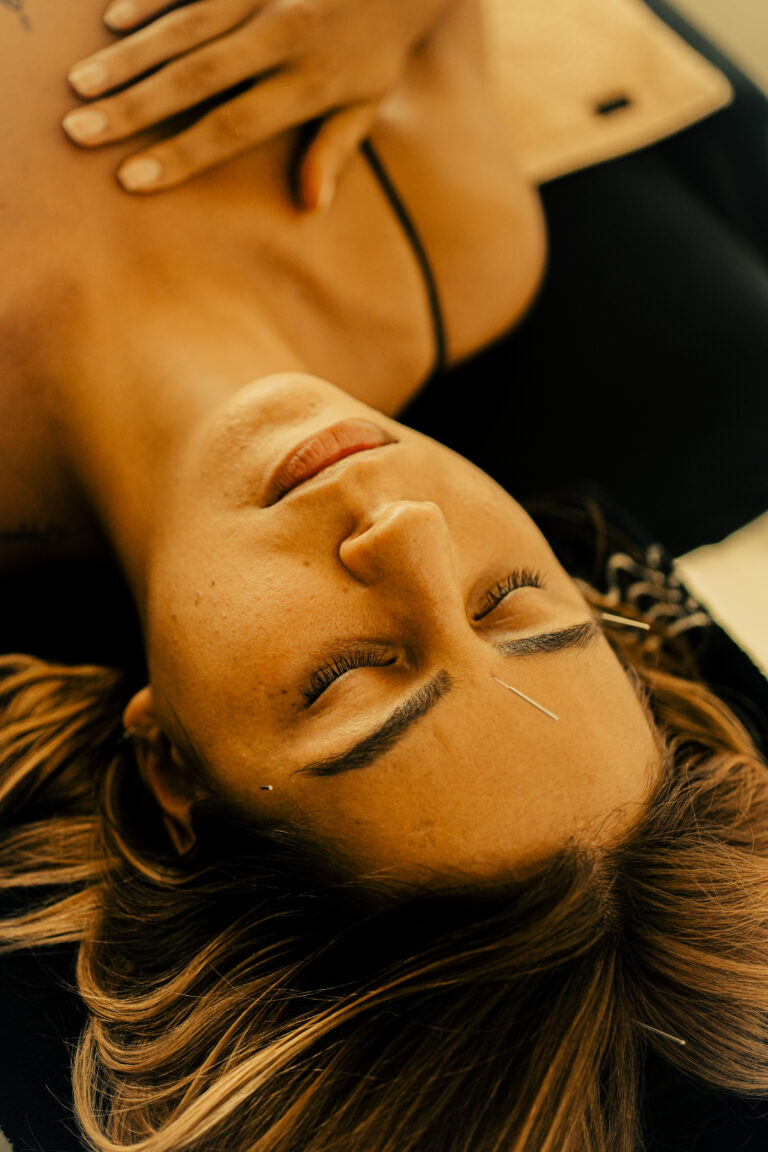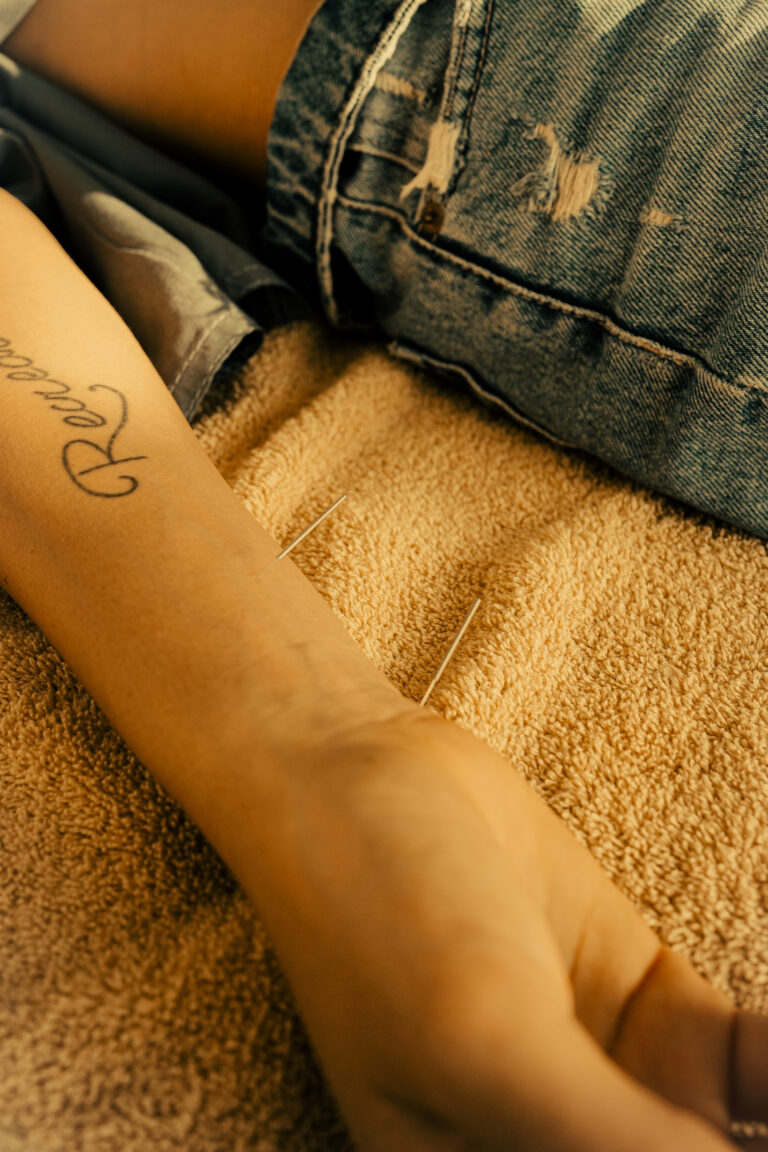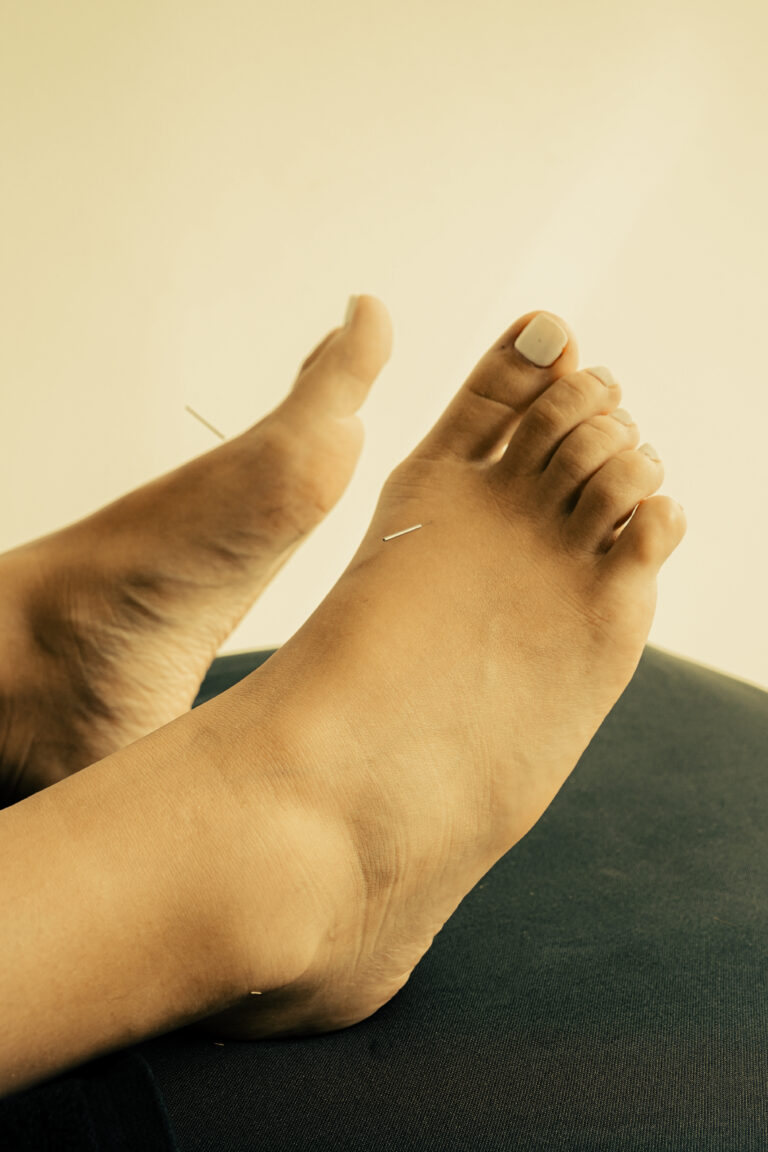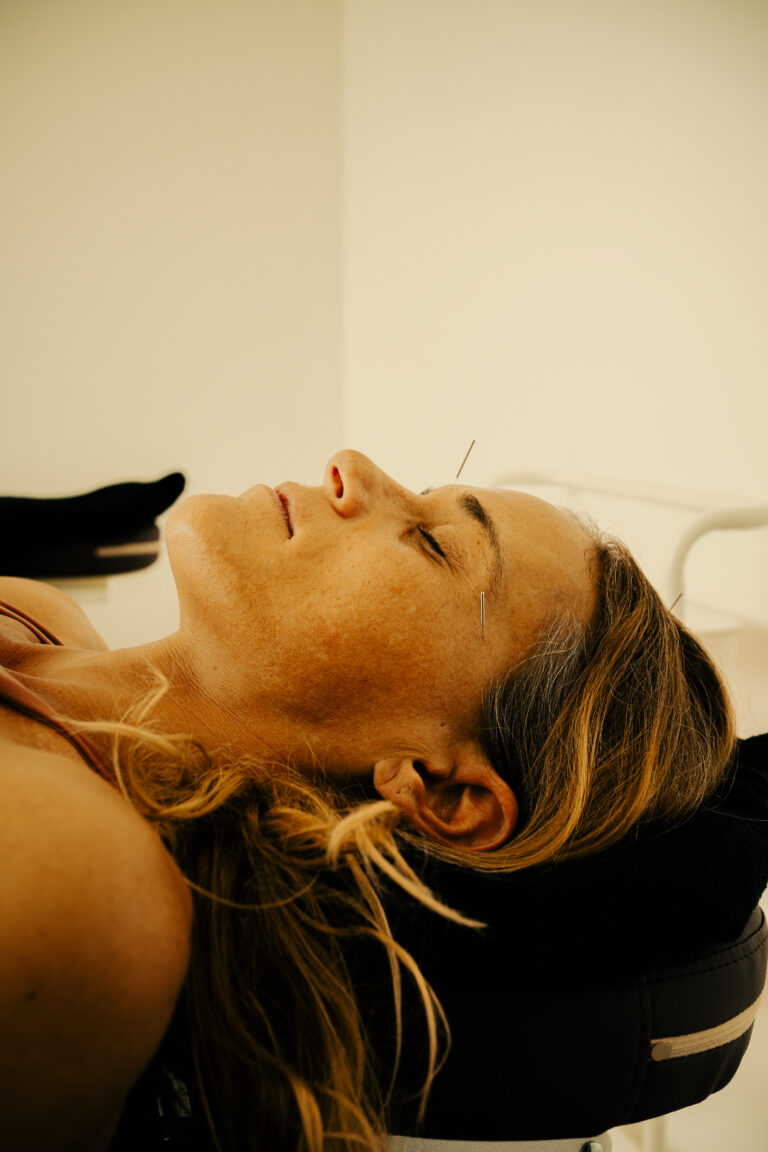In Traditional Chinese Medicine (TCM), insomnia is more than just the inability to sleep. It is a disturbance of the Shen (spirit), which is housed in the Heart (Xin) and supported by several other organ systems. TCM views restful sleep as a result of balanced Yin and Yang, smooth Qi and Blood flow, and a settled Shen. When one or more of these systems become imbalanced—due to emotional stress, overwork, dietary habits, or constitutional weakness—sleep becomes light, restless, or fragmented.
Unlike conventional views that treat insomnia as a symptom, TCM identifies specific internal disharmony patterns behind sleep disorders, allowing for a tailored and holistic treatment.
Key Organ Systems Involved
- Heart (Xin) – Houses the Shen. If Heart Yin or Blood is deficient or disturbed by Fire, the Shen becomes restless, leading to insomnia.
- Spleen (Pi) – Produces Blood and Qi. Weak Spleen can result in insufficient Blood to nourish the Heart, affecting the Shen.
- Liver (Gan) – Regulates emotional flow and stores Blood. Liver Qi stagnation or Liver Fire can agitate the Heart and disrupt sleep.
- Kidney (Shen) – Anchors the Heart through Yin. Kidney Yin or Essence deficiency may lead to an unrooted Shen and poor sleep.
- Gallbladder (Dan) – Related to decisiveness. A weak Gallbladder may lead to timidity and waking easily from fear or dreams.
Common TCM Patterns for Insomnia
- Heart Blood Deficiency
- Symptoms: difficulty falling asleep, light sleep, poor memory, palpitations, dizziness
- Tongue: pale
- Pulse: thin and weak
- Cause: overthinking, poor diet, chronic illness
- Heart Yin Deficiency
- Symptoms: waking frequently, restlessness, night sweats, dry mouth, palpitations
- Tongue: red, no coat
- Pulse: thin and rapid
- Cause: chronic stress, overwork
- Liver Fire or Heart Fire Blazing
- Symptoms: insomnia with irritability, vivid dreams, red face, bitter taste
- Tongue: red with yellow coating
- Pulse: rapid and wiry
- Cause: emotional frustration, alcohol, spicy food
- Phlegm-Heat Disturbing the Shen
- Symptoms: tossing and turning, mental restlessness, chest oppression, nausea
- Tongue: greasy yellow coating
- Pulse: slippery and rapid
- Cause: poor diet, emotional stress
- Kidney and Heart Not Harmonized
- Symptoms: difficulty falling and staying asleep, hot flashes, tinnitus, anxiety
- Tongue: red and dry
- Pulse: thin and rapid
- Cause: aging, long-term stress
Treatment Principles in TCM
- Nourish Heart Blood or Yin to anchor the Shen
- Clear Heat and calm the Mind
- Harmonize the Heart and Kidney to restore balance
- Transform Phlegm and regulate Qi to ease restlessness
- Soothe the Liver and resolve stagnation if stress is present
Diet and Lifestyle Tips (TCM-Based)
Diet
- For Heart Blood deficiency: include red dates, goji berries, spinach, beets, millet
- For Yin deficiency: consume pears, black sesame, tofu, bone broth, seaweed
- To clear Heat: avoid spicy food, alcohol, caffeine; include chrysanthemum and mung beans
- To nourish Shen: drink calming teas with suan zao ren (jujube seed), longan fruit, or lotus seed
Lifestyle
- Sleep before 11 PM to support Gallbladder and Liver
- Establish a calming bedtime routine: avoid screens, stress, or stimulation before bed
- Practice slow breathing, meditation, or gentle Qigong to settle the Shen
- Avoid overwork, multitasking, and irregular eating habits
Daily Acupressure for Insomnia
- HT7 – Shen Men (神門)
- Location: on the wrist crease, radial side of the flexor carpi ulnaris tendon
- Function: calms the Shen, nourishes Heart Blood
- PC6 – Nei Guan (內關)
- Location: 2 cun above wrist crease between two tendons
- Function: calms the mind, opens the chest, reduces anxiety
- Yin Tang (印堂)
- Location: between the eyebrows
- Function: calms the Shen, helps with stress and insomnia
- KD6 – Zhao Hai (照海)
- Location: 1 cun below the medial malleolus
- Function: nourishes Kidney Yin, supports deep sleep
- SP6 – San Yin Jiao (三陰交)
- Location: 3 cun above the medial malleolus
- Function: harmonizes Liver, Spleen, and Kidney; calms restlessness
Technique: Gently massage each point for 1–2 minutes before bed while breathing slowly.
TCM Treatment Recommendations
- Acupuncture therapy: Focus on calming the Shen, nourishing Blood or Yin, and clearing Heat depending on the pattern.
Example points: HT7, PC6, Yin Tang, SP6, KD6, LV3 - Auricular acupuncture: Shen Men, Heart, and Brain points for deep calming
- Moxibustion: used in deficiency patterns to warm and strengthen Yang or Blood
Conclusion
Insomnia in TCM is a symptom of Shen disturbance caused by internal imbalances, especially involving the Heart, Liver, Kidney, and Spleen. By identifying the root pattern, TCM offers holistic, non-invasive, and effective solutions. Through acupuncture, herbs, lifestyle changes, and targeted acupressure, deep restorative sleep can be restored—naturally and harmoniously.
Sources
- Maciocia, Giovanni. The Practice of Chinese Medicine: The Treatment of Diseases with Acupuncture and Chinese Herbs. Elsevier, 2005. ISBN: 9780443074905
- Deadman, Peter et al. A Manual of Acupuncture. Journal of Chinese Medicine Publications, 2007. ISBN: 0951054651
- Chen, John K. & Chen, Tina T. Chinese Medical Herbology and Pharmacology. Art of Medicine Press, 2004. ISBN: 9780974063504
